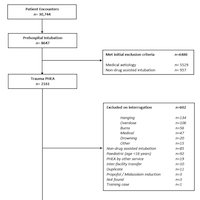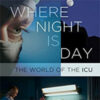Venoarterial ECMO in Elderly Patients with Refractory Cardiogenic Shock
journals.lww.com
The clinical utilization of extracorporeal membrane oxygenation (ECMO) has seen remarkable expansion since its inception in the early 1970s, including a period of exponential growth in the United States.
Venoarterial (VA) ECMO—in which venous blood return is diverted from the heart extracorporeally, oxygenated, and returned under pressure to the systemic arterial circulation—can temporize even severe forms of cardiopulmonary failure.
Procedural, clinical, and technical advances have served to make VA ECMO more accessible, convenient, and safe than ever. Indeed, it has been suggested that ECMO is a “jack-of-all-trades” given its myriad applications.
However, experienced EMCO practitioners are intimately familiar with its limitations: high costs, intensive staffing, and potentially catastrophic complications. As a modality by which to accomplish end-organ perfusion, ECMO alone is not curative.
The application of VA ECMO to cardiogenic shock can be conceptualized as a bridge to durable mechanical circulatory support, transplantation, recovery, or a decision when candidacy for definitive therapies is not immediately clear.



















